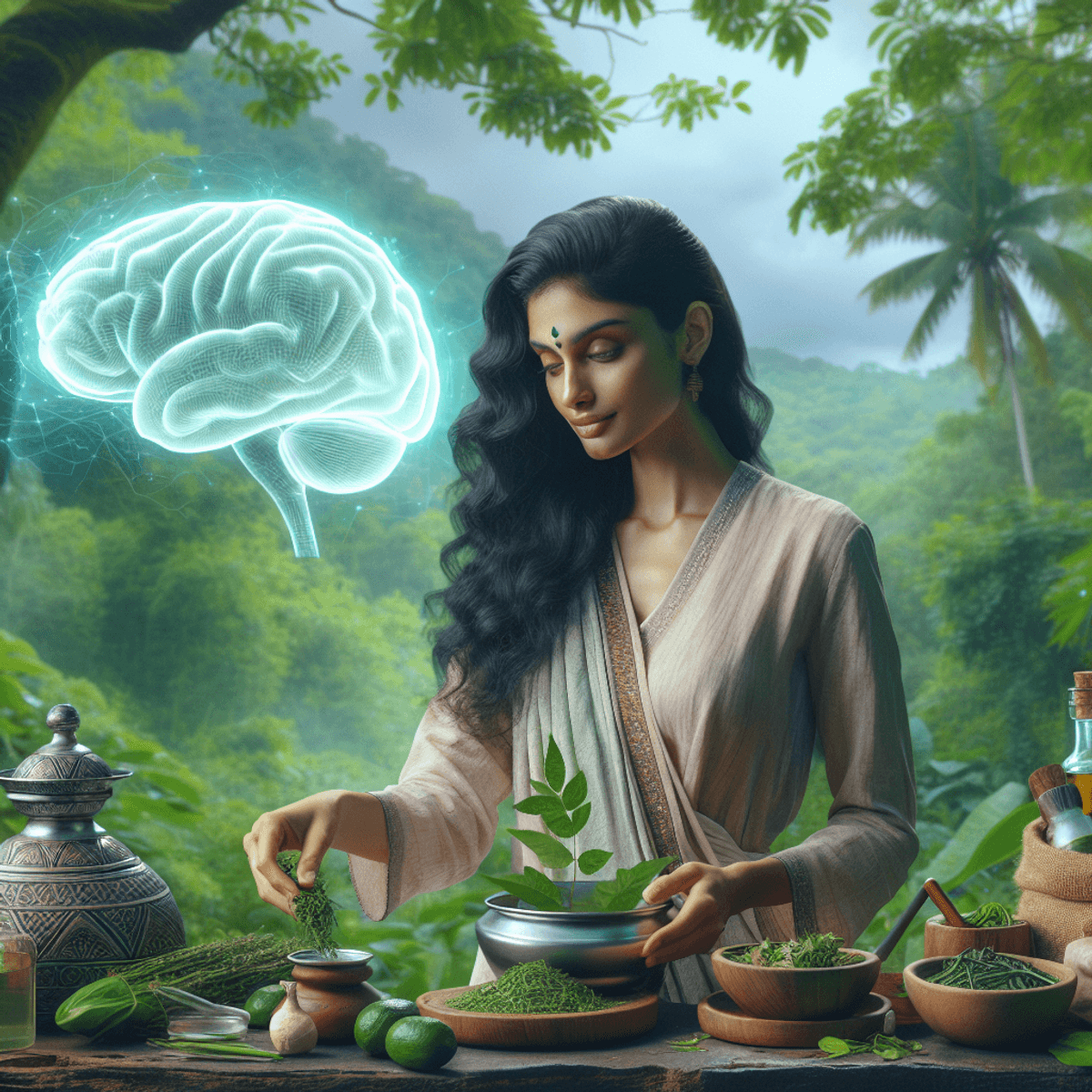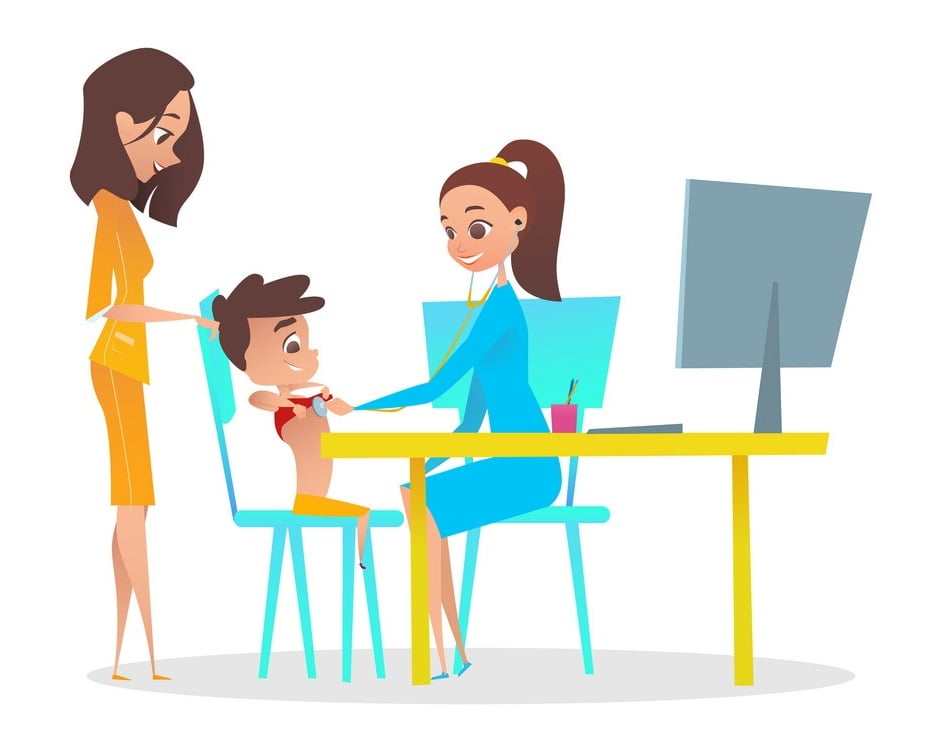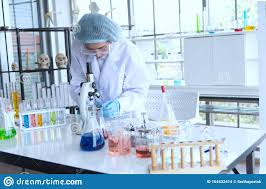Services
Brain Tumor Treatment at Disha Arogya Dham
Brain Tumor Treatment
Introduction
Brain tumors are abnormal growths of cells within the brain, posing significant risks to health. They can be categorized as benign (non-cancerous) or malignant (cancerous), each with varying impacts on cognitive and physical functions.
Disha Arogya Dham is leading the way in Ayurvedic treatment for brain tumors. Known for its holistic approach, this center combines traditional Ayurvedic practices with modern research to provide effective and safe treatments.
This article explores how Ayurveda plays a role in managing brain tumors and highlights the wide range of treatment options available at Disha Arogya Dham.
Understanding Brain Tumors
Brain tumors are abnormal growths within the brain or central nervous system. These growths can be classified into two main types:
- Benign Tumors: Non-cancerous and generally slower-growing. Although they do not spread to other parts of the brain or body, they can still cause significant health issues due to their size and location.
- Malignant Tumors: Cancerous and often aggressive. These tumors can invade nearby tissues and spread to other parts of the brain or body, posing a more serious health risk.
Several factors contribute to the development of brain tumors:
- Genetic Predisposition: Family history of brain tumors increases risk.
- Environmental Exposure: Long-term exposure to radiation or certain chemicals.
- Age: Some brain tumors are more common in children, while others in adults.
- Previous Cancer Treatments: Radiation therapy used for treating other cancers.
Symptoms associated with brain tumors vary depending on their size, type, and location but commonly include:
- Persistent headaches
- Nausea and vomiting
- Vision problems
- Seizures
- Cognitive or personality changes
Understanding these aspects is crucial for early diagnosis and effective treatment strategies.
How Inflammation Affects Brain Tumor Growth
Inflammation plays a key role in the development of brain tumors. Studies show that inflammation can speed up the growth and spread of both non-cancerous and cancerous tumors. Long-term inflammation often leads to the release of certain proteins and growth factors that can:
- Help tumor cells grow and survive
- Encourage the formation of new blood vessels
- Support the spread of cancer to other parts of the body
Ways Inflammation Contributes to Tumor Growth
- Proteins Promoting Tumor Growth: Certain proteins create an environment favorable for tumor growth by encouraging cell division and protecting tumor cells from dying naturally.
- Formation of New Blood Vessels: Inflammatory substances promote the creation of new blood vessels, providing nutrients and oxygen to the expanding tumor.
- Weakening Immune System: Ongoing inflammation can disrupt the immune system, allowing tumor cells to go unnoticed by immune defenses.
Why It’s Important to Address Inflammation
Addressing inflammation is crucial in developing effective treatment plans for brain tumors. By targeting inflammatory processes, we can:
- Slow Down Tumor Growth: Anti-inflammatory treatments have the potential to halt or even reverse tumor progression.
- Boost Effectiveness of Other Treatments: Combining anti-inflammatory approaches with standard therapies may lead to better overall treatment results.
- Enhance Patient Comfort: Reducing inflammation can relieve symptoms like pain and swelling, improving patients’ quality of life.
Understanding how inflammation affects brain tumor growth highlights the need for comprehensive treatment strategies that address both cancer-related and inflammatory aspects of the disease.
Ayurvedic Approach to Managing Inflammation in Brain Tumors
Ayurveda, an ancient system of medicine, offers a holistic approach to managing inflammation associated with brain tumors. Central to Ayurvedic treatment is the balance of doshas — Vata, Pitta, and Kapha. Inflammation is often linked to an imbalance in the Pitta dosha, which is associated with heat and metabolic processes.
Principles of Ayurvedic Medicine
Ayurvedic principles focus on restoring this balance through:
- Dietary Adjustments: Emphasizing anti-inflammatory foods such as turmeric and ginger.
- Herbal Remedies: Utilizing herbs like Ashwagandha, Brahmi, and Guggulu known for their anti-inflammatory properties.
- Detoxification Therapies: Procedures like Panchakarma to cleanse the body of toxins.
Benefits of Using Ayurvedic Herbs and Remedies
Several Ayurveda anti-inflammatory herbs have been identified for their effectiveness in reducing inflammation:
- Turmeric (Curcuma longa): Contains curcumin, a powerful anti-inflammatory compound.
- Ginger (Zingiber officinale): Known for its ability to inhibit inflammatory pathways.
- Ashwagandha (Withania somnifera): Helps modulate immune responses and reduce inflammation.
These natural remedies for inflammation offer benefits such as:
- Reduced Side Effects: Unlike conventional medications, Ayurvedic herbs are generally free from severe side effects.
- Holistic Healing: They address not just symptoms but also the root causes of inflammation.
Brain Tumor Treatment at Disha Arogya Dham incorporates these Ayurvedic principles extensively. By focusing on balancing the body’s internal environment through natural means, patients experience not just relief from inflammation but also an improvement in overall health. The Ayurvedic approach emphasizes this holistic healing process, making it a valuable alternative for those grappling with the challenges posed by brain tumors.
Managing Fatigue in Brain Tumor Patients: An Ayurvedic Perspective
Fatigue is a common and exhausting symptom for people with brain tumors, impacting their quality of life and daily activities. This ongoing tiredness can be caused by the tumor itself, treatments like chemotherapy and radiation, or the emotional stress of the diagnosis.
Ayurveda offers a holistic approach to managing fatigue that addresses its underlying causes. This ancient system of medicine focuses on:
1. Balancing Doshas
According to Ayurveda, an imbalance in the body’s doshas (Vata, Pitta, and Kapha) often leads to fatigue. Specific herbs and dietary changes are recommended to restore balance.
2. Herbal Remedies
Ayurvedic herbs such as Ashwagandha and Brahmi are known for their adaptogenic properties, helping to boost energy levels and reduce stress.
3. Dietary Adjustments
Incorporating sattvic foods—fresh fruits, vegetables, whole grains—into the diet can help nourish the body and combat fatigue.
4. Lifestyle Modifications
Practicing yoga, pranayama (breathing exercises), and meditation can enhance physical stamina and mental clarity.
At Disha Arogya Dham, personalized treatment plans are designed to address these aspects comprehensively. By integrating these holistic measures, patients not only manage fatigue but also improve their overall well-being during their battle with brain tumors.
Enhancing Memory Function in Brain Tumor Care: The Role of Ayurveda
Memory issues are a significant concern for brain tumor patients, often impacting their daily lives. These cognitive challenges can stem from the tumor itself or as side effects of treatments like surgery, radiation, and chemotherapy. Patients might experience difficulties with short-term memory, attention span, and problem-solving skills.
Ayurveda offers strategies to promote cognitive function during brain tumor treatment:
- Herbal Remedies: Ayurvedic herbs such as Brahmi (Bacopa monnieri) and Ashwagandha (Withania somnifera) are renowned for their memory-enhancing properties. These herbs support neuronal health and improve synaptic plasticity.
- Dietary Adjustments: Incorporating foods rich in antioxidants, omega-3 fatty acids, and essential vitamins can boost brain health. Ayurveda recommends a diet that includes nuts, seeds, leafy greens, and ghee.
- Yoga and Meditation: Practices like yoga and meditation enhance mental clarity and reduce stress, which can positively affect memory function. Techniques such as Pranayama (breathing exercises) improve oxygen flow to the brain.
- Mindfulness Practices: Engaging in mindfulness activities helps improve focus and concentration. Simple routines like mindful walking or guided visualization can be beneficial.
- Cognitive Training: Incorporating specific cognitive training techniques into the daily routine can also be beneficial. These techniques are designed to enhance various aspects of cognitive functioning such as memory retention, problem-solving skills, and attention span.
By integrating these Ayurvedic approaches along with cognitive training techniques, patients undergoing brain tumor care can experience improved memory function and a better quality of life.
Seizure Control: Balancing Conventional and Ayurvedic Approaches
Seizures are a common complication of brain tumors, often resulting from abnormal electrical activity within the brain. These episodes can vary in intensity and frequency, significantly impacting the quality of life for individuals affected by brain tumors.
Conventional Medicine
Conventional medicine typically addresses seizures through:
- Anticonvulsant medications: Drugs like phenytoin, carbamazepine, and valproate are commonly prescribed to manage and reduce seizure activity.
- Surgical interventions: In some cases, surgery might be necessary to remove the tumor or affected brain tissue to alleviate seizures.
While these methods can be effective, they often come with side effects that can further complicate a patient’s condition. It’s important to note that not all seizures can be controlled with medication or surgery alone, and some patients may continue to experience breakthrough seizures despite treatment. Research indicates that a significant number of patients with brain tumors may suffer from drug-resistant epilepsy, underscoring the need for alternative treatment strategies.
Ayurvedic Approaches
Ayurveda offers complementary strategies, integrating natural therapies to support conventional treatments:
- Herbal formulations: Herbs like Ashwagandha, Brahmi, and Shankhpushpi are known for their neuroprotective properties and may help in stabilizing nerve function.
- Dietary modifications: A diet rich in antioxidants and anti-inflammatory foods can enhance overall brain health, potentially reducing seizure frequency.
- Lifestyle practices: Techniques such as yoga, pranayama (breathing exercises), and meditation provide holistic benefits by reducing stress and promoting mental clarity.
Our Approach
At Disha Arogya Dham, we employ a balanced approach. Patients receive personalized treatment plans that integrate both conventional seizure control methods and Ayurvedic practices. This dual strategy aims to enhance efficacy while minimizing side effects, offering a more comprehensive solution for managing seizures in brain tumor patients.
Success Stories from Disha Arogya Dham: Real-Life Experiences with Ayurvedic Treatment for Brain Tumors
Disha Arogya Dham stands out through its numerous patient testimonials showcasing the transformative impact of their holistic care. Here are some Disha Arogya Dham success stories:
Case Study 1
A 45-year-old male patient diagnosed with a malignant brain tumor experienced significant improvement following a tailored herbal regimen. His symptoms, including severe headaches and cognitive difficulties, saw remarkable relief within six months of starting treatment.
Case Study 2
A young female patient reported dramatic reduction in tumor size after undergoing a combination of dietary changes, Ayurvedic herbs, and meditation practices. Her story emphasizes the importance of comprehensive lifestyle adjustments alongside medical treatment.
Case Study 3
An elderly patient dealing with recurrent seizures due to a benign brain tumor found their frequency and intensity drastically reduced through the integration of conventional medications and Ayurvedic therapies. His quality of life improved significantly, allowing him to regain independence in daily activities.
These examples highlight the potential benefits of integrating Ayurveda into brain tumor care, offering hope and improved outcomes for many patients.
Conclusion
Incorporating Ayurveda into conventional treatment plans offers a holistic avenue for managing brain tumors. At Disha Arogya Dham, the focus is on natural, side-effect-free methods that address inflammation, fatigue, memory function, and seizures. The personalized care and herbal regimens provided by DAD Ayurveda exemplify the potential benefits of a complementary approach. This integration not only supports physical health but also promotes overall well-being, making it a valuable addition to traditional medical treatments for brain tumors.
FAQs (Frequently Asked Questions)
What are brain tumors and how do they impact health?
Brain tumors are abnormal growths of cells in the brain that can be classified as benign (non-cancerous) or malignant (cancerous). They can affect health by causing a variety of symptoms, including headaches, seizures, cognitive changes, and other neurological issues depending on their size and location.
How does Disha Arogya Dham specialize in brain tumor treatment?
Disha Arogya Dham is a leading Ayurvedic treatment center that specializes in comprehensive care for brain tumors. The center focuses on integrating traditional Ayurvedic principles with modern treatment strategies to address the complexities of brain tumor management.
What role does inflammation play in brain tumor progression?
Inflammation is known to contribute to the growth and spread of brain tumors. It can create an environment that supports tumor development, making it crucial to address inflammation as part of effective treatment strategies.
What Ayurvedic approaches are used to manage inflammation in brain tumors?
Ayurveda employs various anti-inflammatory herbs and natural remedies to manage inflammation associated with brain tumors. These remedies aim to reduce inflammation and support overall health, enhancing the body’s ability to cope with the disease.
How does Ayurveda help manage fatigue in brain tumor patients?
Fatigue is a common symptom experienced by individuals with brain tumors. Ayurveda addresses this issue through holistic approaches that include dietary recommendations, herbal treatments, and lifestyle modifications designed to rejuvenate energy levels and promote well-being.
Can Ayurvedic methods be integrated with conventional treatments for seizure control?
Yes, integrating Ayurvedic methods with conventional treatments can be beneficial for managing seizures associated with brain tumors. This combined approach allows for a more comprehensive management plan that addresses both immediate symptoms and underlying health issues.
Discover more from DAD Ayurveda
Subscribe to get the latest posts sent to your email.








